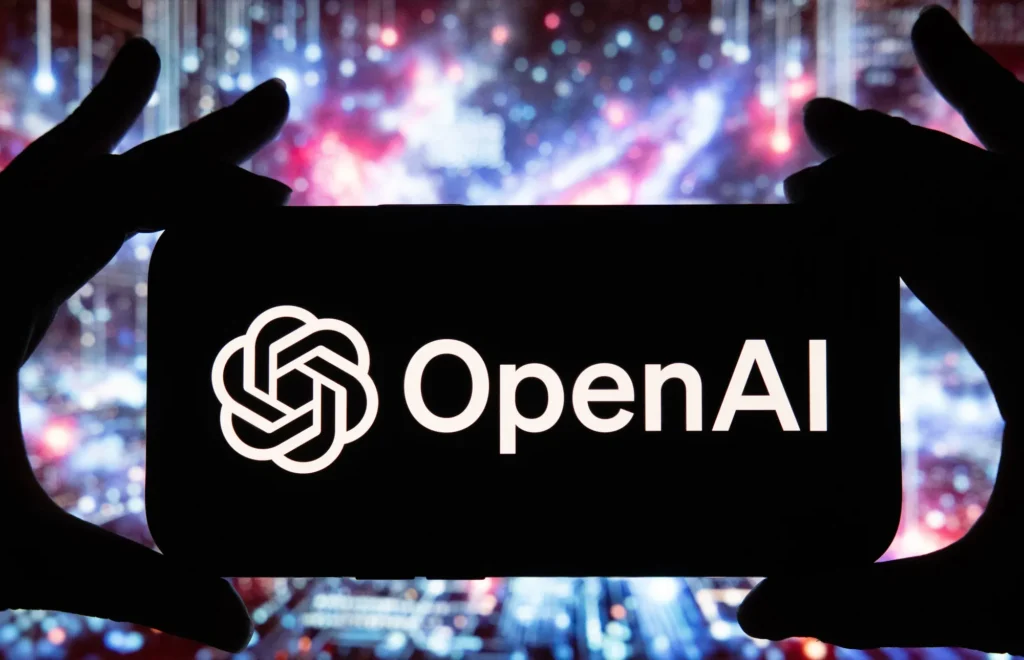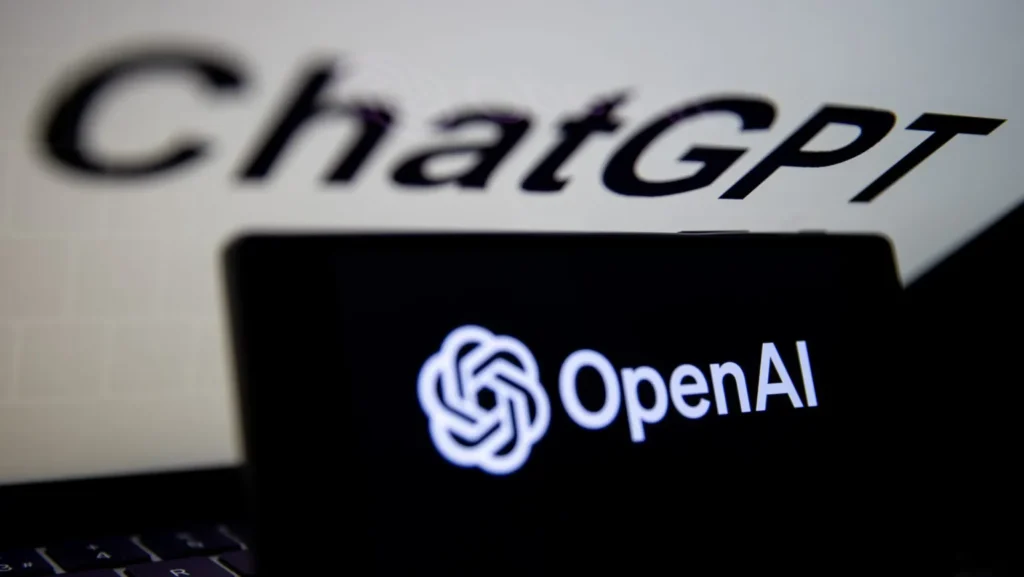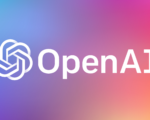OpenAI introduces the O1 model in preview alongside a more economical O1-mini variant, designed for cost-effective deployment.
OpenAI has officially launched the o1 series of artificial intelligence models, marking a significant advancement in AI reasoning capabilities. Released on Thursday, these models are designed to tackle complex mathematical problems and reasoning tasks more effectively than their predecessors. OpenAI has introduced two versions: the primary o1 model, currently available in preview, and a more cost-effective variant known as o1-mini. This launch highlights OpenAI’s commitment to enhancing the AI experience by enabling models that emulate human-like reasoning processes.
The o1 models are distinct from traditional generative AI due to their unique approach to problem-solving. Unlike standard models that process input prompts in one swift action, the o1 models take a more systematic route, analyzing the problem step-by-step. This method allows the AI to explore different strategies, refine its reasoning, and identify errors more effectively. According to OpenAI, this reflective approach, reminiscent of human thinking, enables these models to produce more accurate and nuanced responses.
In a recent blog post, OpenAI elaborated on the innovative thinking process behind the o1 series. By mimicking the cognitive strategies humans use when faced with challenging problems, the o1 models can engage in a more thoughtful dialogue. This is particularly beneficial for complex tasks that require a deeper understanding of the context and a willingness to experiment with various approaches. The company emphasizes that this method, while resulting in slower response times compared to the more immediate GPT-4o model, ultimately leads to a higher quality of output.

One of the most intriguing aspects of the o1 models is their design, which reportedly aligns with the previously rumored “Strawberry” AI model. This connection indicates a deliberate evolution in OpenAI’s AI architecture, moving towards systems that prioritize reasoning and strategic thinking over mere speed. The emphasis on methodical processing suggests that OpenAI is taking significant steps towards creating AI that not only understands language but can also navigate complex thought processes.
Moreover, the introduction of the o1-mini model provides users with a more accessible option for those who may have budget constraints or require less computationally intensive tasks. While the o1 model is geared towards intricate reasoning challenges, the mini variant allows for broader application across various scenarios, making advanced AI technology available to a wider audience.
OpenAI’s release of the o1 series models underscores its dedication to pushing the boundaries of artificial intelligence. By integrating advanced reasoning capabilities, these models represent a substantial leap forward, reflecting a deeper understanding of human cognition. As the AI landscape continues to evolve, the o1 series is poised to set a new standard for what AI can achieve, paving the way for future innovations that prioritize both efficiency and accuracy.


















